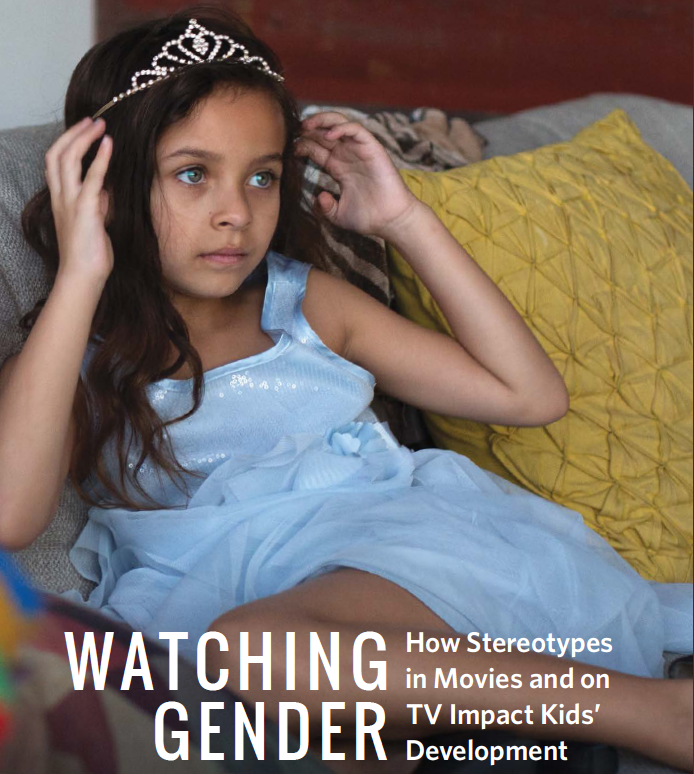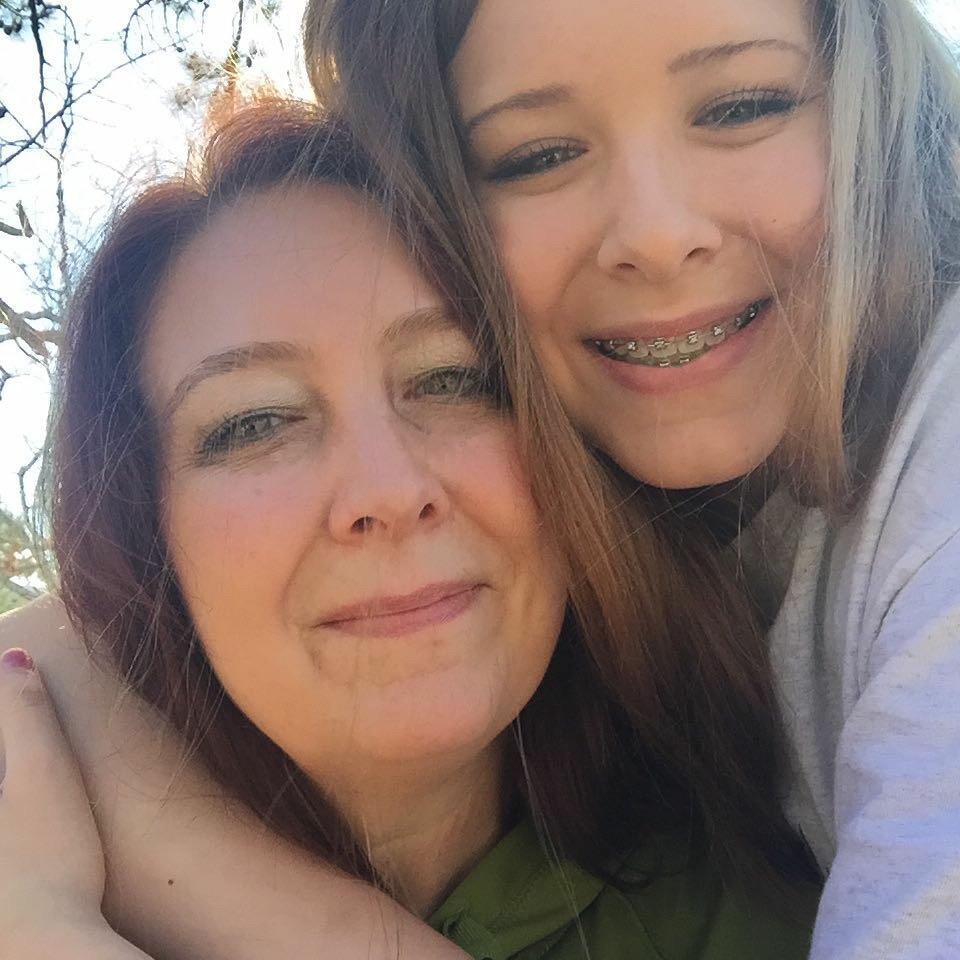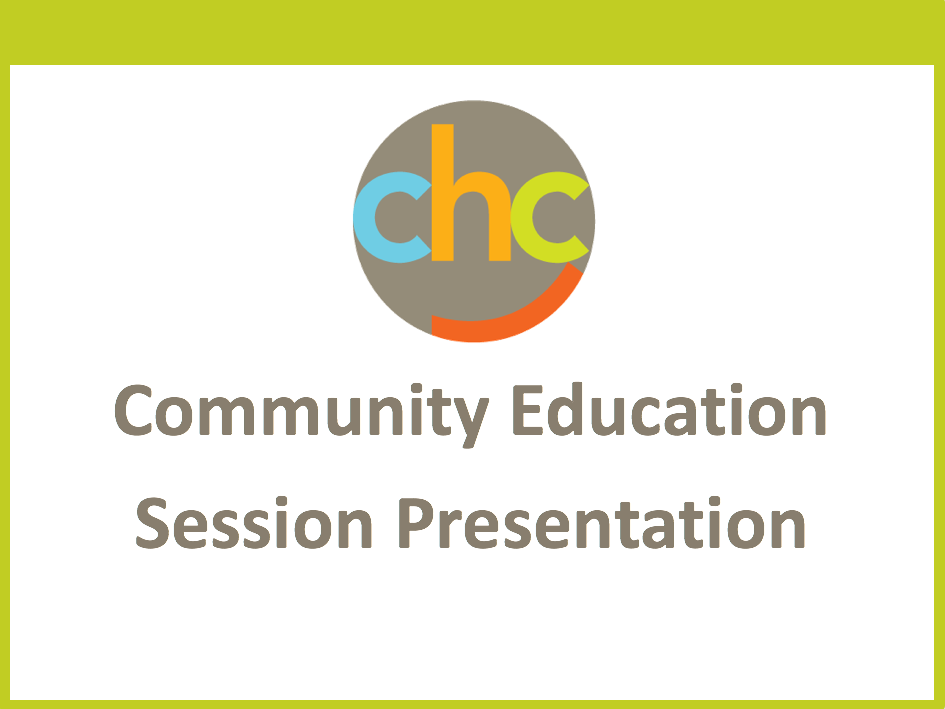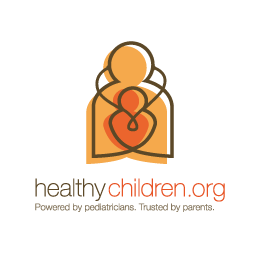Resources for Families of LGBTQ Youth [web resource][downloadable]
UPDATE with this page: https://www.acf.hhs.gov/cb/lgbtqia2s-resources
The following websites and downloadable resources were assembled by the Children’s Bureau of the U.S. Department of Health and Human Services to help families support their lesbian, gay, bisexual, transgender, and questioning (LGBTQ) youth, understand what to expect, and learn how to talk about a number of issues that may be impacting their youth. Read more ›



 A new
A new 
 Teenagers are known for being moody, irritable and stressed out. Just watch any old episode of Gossip Girl, Gilmore Girls or Glee. Trying to get through to your teen can feel about as productive as trying to get your houseplant to empty the dishwasher. The teen-parent relationship is often a power struggle: a seemingly perpetual game of tug-o-war.
Teenagers are known for being moody, irritable and stressed out. Just watch any old episode of Gossip Girl, Gilmore Girls or Glee. Trying to get through to your teen can feel about as productive as trying to get your houseplant to empty the dishwasher. The teen-parent relationship is often a power struggle: a seemingly perpetual game of tug-o-war. 
 Written by Dr. Glen Elliott, former CHC Chief Psychiatrist and Medical Director
Written by Dr. Glen Elliott, former CHC Chief Psychiatrist and Medical Director
 Parenting a teen is not easy. Many outside influences distract our youth and add challenges to parenting efforts. Youth need adults who are there for them—people who connect with them, communicate with them, spend time with them, and show a genuine interest in them.
Parenting a teen is not easy. Many outside influences distract our youth and add challenges to parenting efforts. Youth need adults who are there for them—people who connect with them, communicate with them, spend time with them, and show a genuine interest in them. 

 The
The  Amy Valentine is the director of the Foundation for Blended and Online Learning (now Future of School), and she previously served as executive director of three virtual schools in Colorado. In early 2016, Valentine’s son was diagnosed with dysgraphia, a learning disability similar to dyslexia.
Amy Valentine is the director of the Foundation for Blended and Online Learning (now Future of School), and she previously served as executive director of three virtual schools in Colorado. In early 2016, Valentine’s son was diagnosed with dysgraphia, a learning disability similar to dyslexia.
 How your child plays, learns, speaks, acts, and moves offers important clues about your child’s development. Developmental milestones are things most children can do by a certain age.
How your child plays, learns, speaks, acts, and moves offers important clues about your child’s development. Developmental milestones are things most children can do by a certain age.

